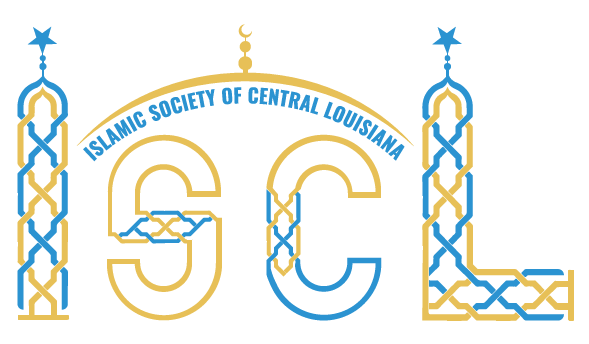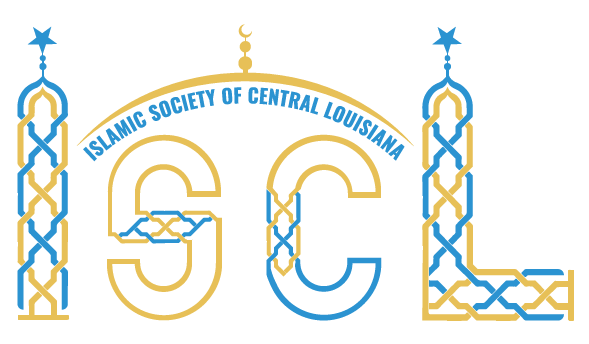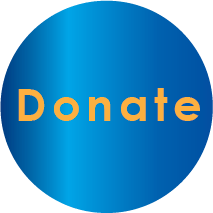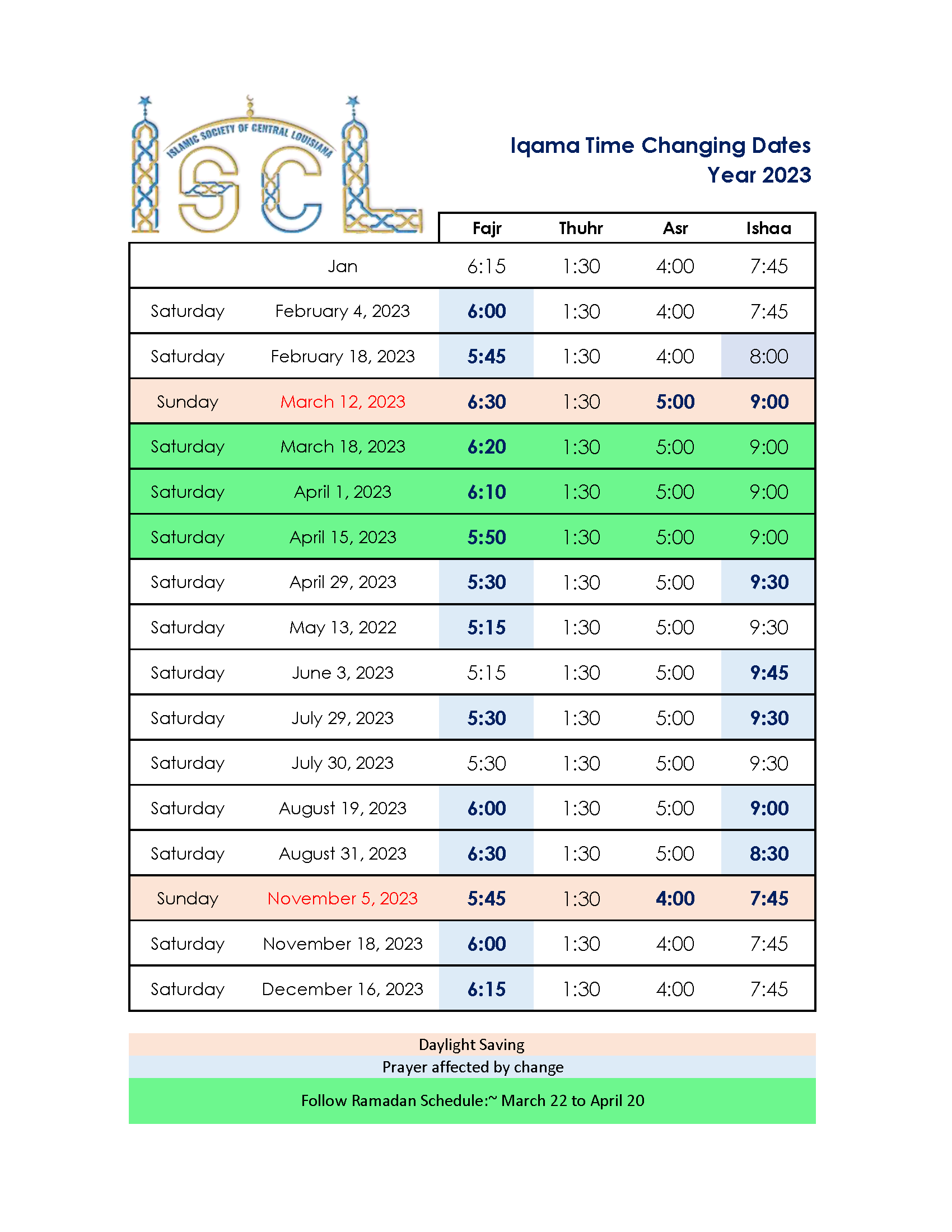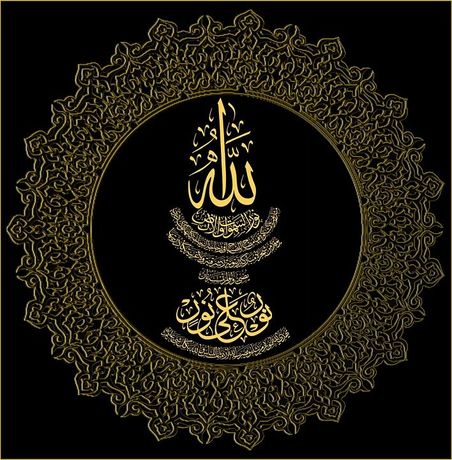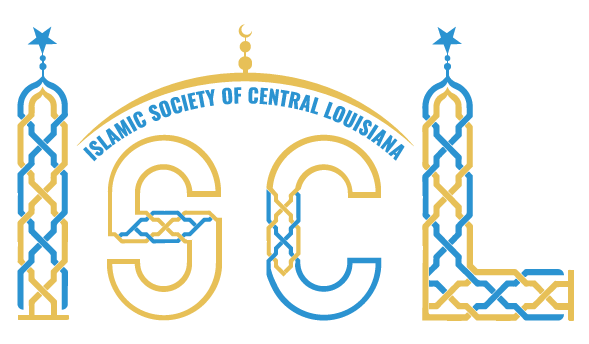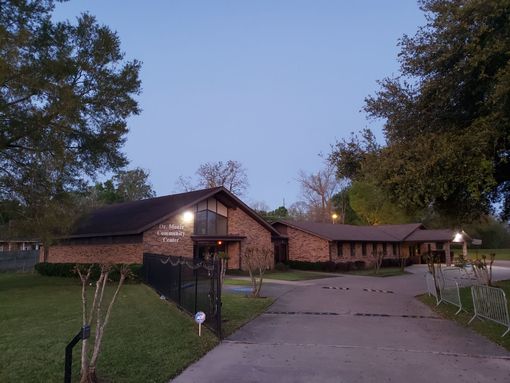
About us
The Five Pillars of Islam
Shahada
أَشْهَدُ أَلَّا إلَه إِلَّا الله وَأَشْهَدُ أنَّ مُحَمَّداً رَسولُ الله.
Ashhadu Alla Ilaha Illa Allah Wa Ashhadu Anna Muhammad Rasulu Allah
“I bear witness that there is no diety worthy of worship except Allah, and that Muhammad is His Messenger.”
The shahadah is the Muslim declaration of belief in the oneness of God and on Muhammad (PBUH) as His final Prophet. Recitation and belief in the shahadah is the first of the Five Pillars of Islam.
Salat
Salat is the obligatory prayers, performed five times each day by Muslims. It is the second Pillar of Islam.
Prayers are prescribed at five set times of the day:
Fajr: dawn, before sunrise
Dhuhr: midday, after the sun passes its highest
Salat al-'asr: the late part of the afternoon
Maghrib: just after sunset
Isha: between sunset and midnight
All Muslims are required to performe these prayers. Muslim children as young as seven are encouraged to pray.
Siyam
In Islam, fasting (sawm or siyam) commemorates the revelation of the Quran to humanity during Ramadan, the ninth month of the Islamic year. During Ramadan, all adult Muslims are required to abstain from food, drink and sexual intercourse during daylight hours. Exceptions are made for travelers, soldiers, menstruating women, and the ill, although such persons are expected to fast later when they become able.
Zakat
The fourth Pillar of Islam is to give alms to the poor. Muslims are supposed to donate a fixed amount of their wealth to charity every year.
Many pious individuals, from the mightiest rulers to modest merchants, give money to help out the less-fortunate by establishing soup kitchens, hospitals, schools, libraries, mosques, and the like. One of the most common forms of charity in medieval Islamic cities was to establish a public drinking fountain, where fresh, sweet water was distributed freely to all passers-by.
Hajj
Hajj is the pilgrimage to the holy city of Mecca in Saudi Arabia. It is incumbent on all Muslims who are physically and financially able to make the pilgrimage, but only if their absence will not place hardships on their family. A person may perform the hajj by proxy, appointing a relative or friend going on the pilgrimage to “stand in” for him or her.
